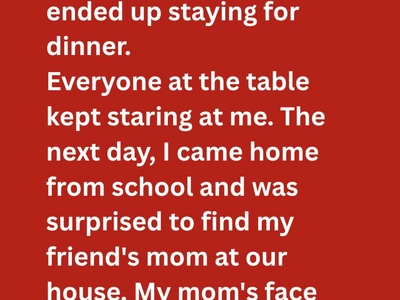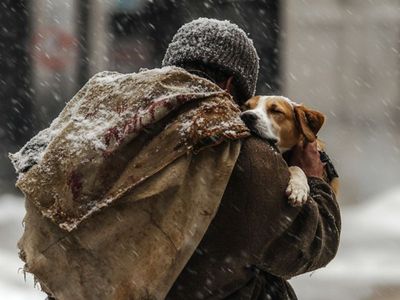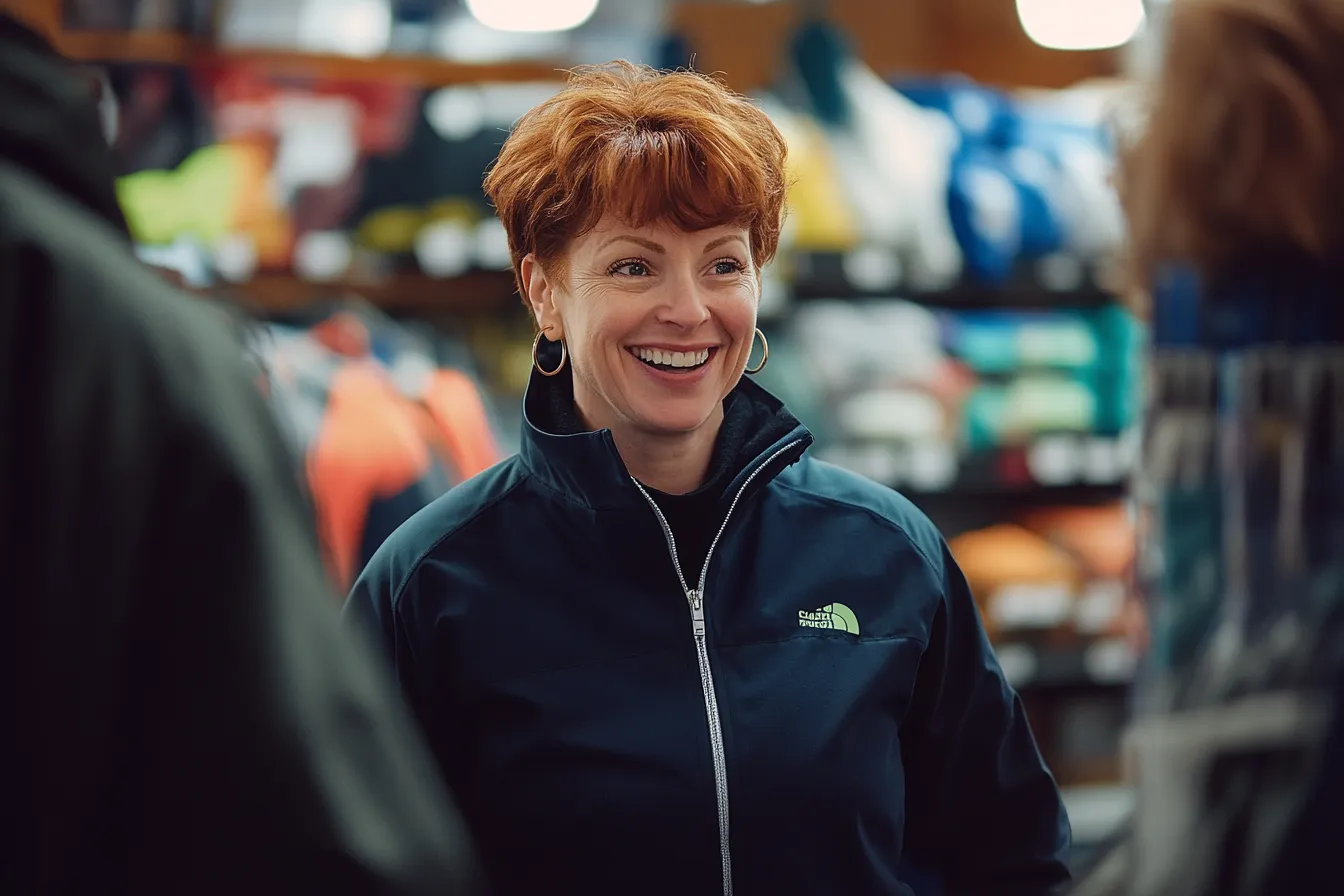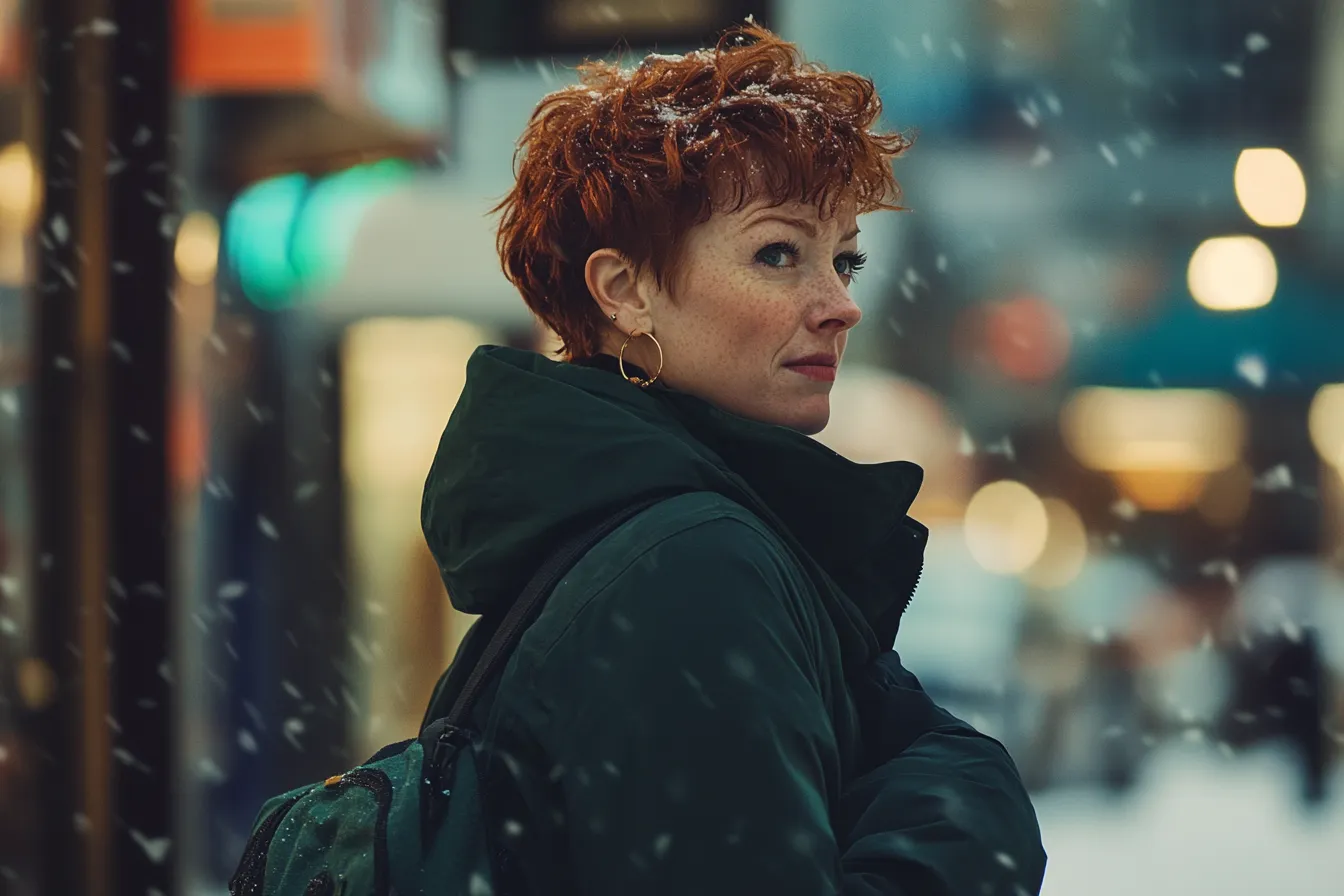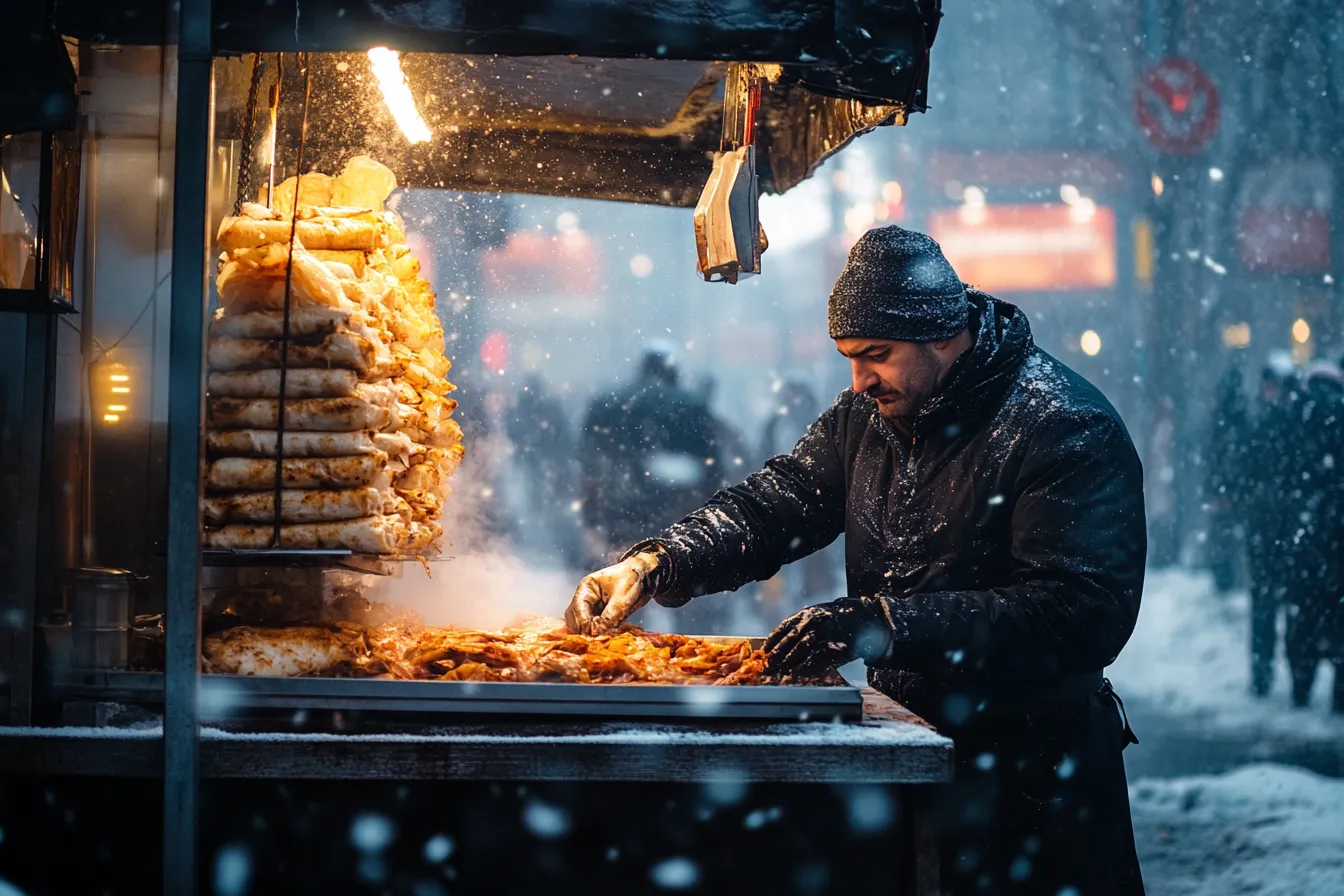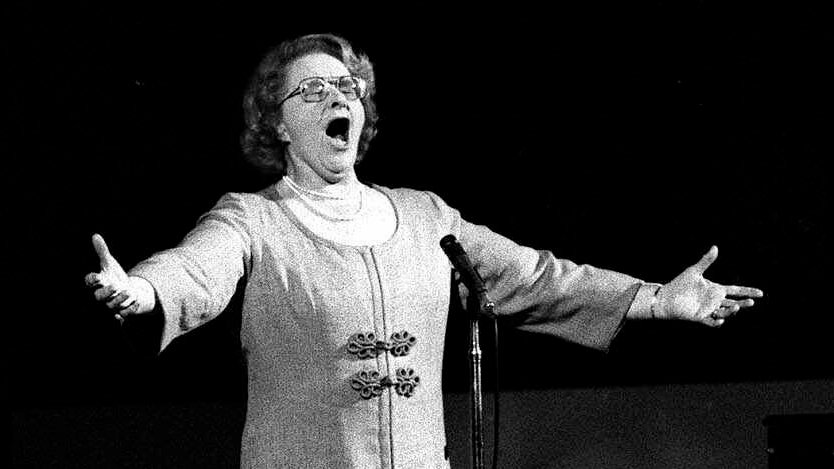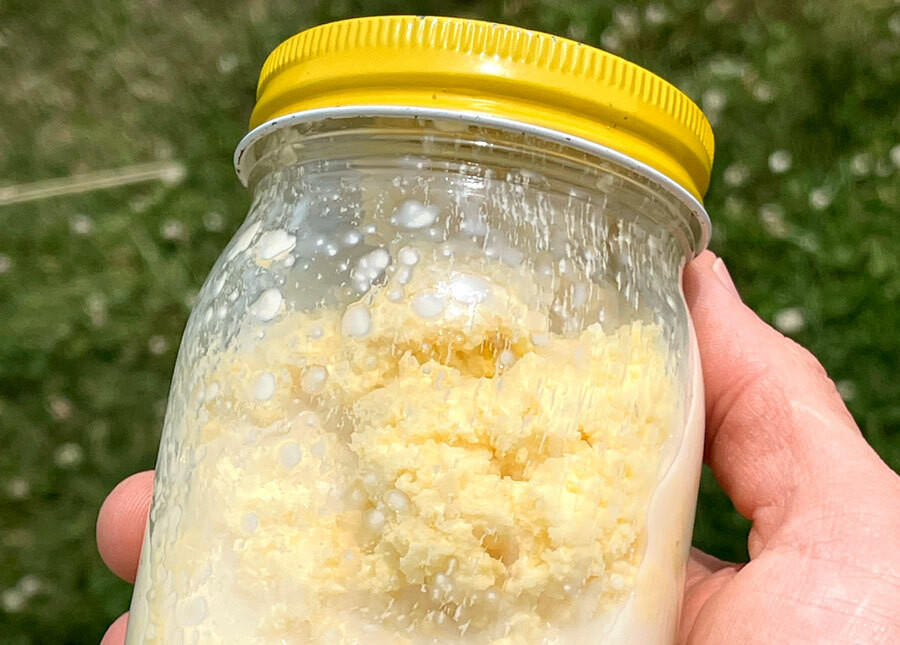I grew up very poor.
When I was a kid, we didn’t have much money. At thirteen, I once had dinner at a classmate’s house. Everyone at the table kept staring at me, which made me feel uneasy. The next afternoon, I came home from school and was surprised to see my friend’s mother standing in our living room. My mom’s face was red as she turned to me and said, “We need to talk.”
I had no idea what was going on. Ms. Allen, my friend’s mom, stood by the window looking worried and uncomfortable. Since I was shy, I immediately thought I had done something wrong. I tried to remember if I had said something rude or broken something the night before.
My mom asked me to sit down. Then Ms. Allen spoke gently: “I noticed your reaction at dinner yesterday. At first, I didn’t understand why you avoided eye contact, but now I realize it’s because you’re not used to having enough food. You looked both hungry and embarrassed.”
Her words hit me hard. My ears buzzed, and I struggled to process them. All I could think about was the basket of warm bread, slices of meat, and vegetables they had served. I must have stared at the food as though I had never seen anything like it. My mom, still blushing, cleared her throat and said, “Ms. Allen would like to help us.”
I felt my chest tighten. I didn’t want charity. I was tired of handouts. But when I looked at Ms. Allen, she seemed genuine—she wasn’t pitying me. She looked like she truly cared.
She stepped closer and said, “Would you like to come over for dinner regularly? Maybe help me in the kitchen too. It doesn’t have to be formal. But I could see how happy you were when you had a proper meal.”
Part of me was embarrassed, another part relieved. And then I felt a spark of excitement—cooking with her actually sounded fun. I glanced at my mom, who was holding back tears. She whispered, “Only if you want to. I can’t provide that kind of food, but Ms. Allen is offering it with kindness.”
I took a deep breath. My mind was racing—shame, fear, and gratitude all mixed together. Finally, I nodded. “Okay,” I said. “I’ll try.”
From then on, I went to Ms. Allen’s house every Wednesday after school. I learned how to season chicken, cut vegetables, stir soups, and even test pasta to see if it was cooked just right. Her daughter Zara would sometimes laugh at me wearing an apron, but I didn’t mind. The kitchen soon felt like a second home.
At first, I was so nervous I almost forgot to ring the doorbell. But Ms. Allen greeted me warmly: “Right on time! I’ve got the onions ready.” No fuss, no pity—we just started cooking.
She taught me more than recipes. She showed me patience, the joy of sharing meals, and the pride of doing something well. With each dish, my confidence grew.
One day, after baking biscuits, she asked, “What do you want to be when you grow up?” I muttered, “I don’t know. Just… somewhere.” She smiled and said, “You can dream bigger than ‘somewhere.’ You know that, right?”
I shrugged. For someone who often went hungry, big dreams felt impossible. But she insisted: “That’s exactly why you should dream bigger. And you have a real gift. You don’t just follow instructions—you adjust flavors and trust your instincts. Not everyone can do that.”
Her words stuck with me. Soon she gave me a notebook to write down recipes and ideas. Week after week, we filled it with sauces, soups, stews, and even desserts like banana bread. For the first time in my life, I felt talented.
Life at home didn’t change much—we still struggled. My mom worked small jobs, and we barely scraped by. But with Ms. Allen, I gained new skills and hope. I babysat Zara’s siblings, helped clean up after family gatherings, and even brought groceries when I found bargains.
On my sixteenth birthday, Ms. Allen gave me an envelope. Inside was a certificate for a local cooking class. “It’s not much,” she said, “but I think you’ll enjoy it.” I burst into tears. No one had ever believed in me like that.
That class changed everything. I met other kids who loved cooking too. We shared tips, tasted each other’s food, and supported one another. I started imagining myself as a chef, maybe even owning a café one day.
In my final year of high school, Ms. Allen helped me apply for a culinary scholarship. I didn’t think I had a chance, but with her and my mom cheering me on, I submitted the application. Weeks later, I got the news—I was accepted.
We celebrated together, crying and hugging in Ms. Allen’s living room. She smiled through tears: “I knew you could do it.”
Not long after, I went to culinary school. Years later, I opened a small restaurant in my hometown, serving hearty, home-cooked meals. My mom visits often, proud and amazed. Zara and Ms. Allen come too, teasing me about how I once cried while chopping onions. Now, I hire local teenagers—some from difficult backgrounds—and try to give them the same chance I was given.
Looking back, I see that one dinner invitation changed my life. That simple act of kindness gave me the courage to dream bigger.
If I’ve learned anything, it’s that kindness can shape someone’s entire future. Accepting help is not weakness when it comes from real care. And passing that kindness on is even more powerful.
I hope my story inspires you to offer a hand when you can—or to accept help when you need it. Small actions can create big changes. Thanks for reading, and if this touched you, share it with someone who could use a reminder that kindness matters. And don’t forget to like this post so more stories like this can be shared.
